Gas vs Electric Water Heater: Ultimate Comparison
When deciding between gas or electric water heaters, it's important to understand their differences. Our article examines the pros and cons, including energy efficiency and upfront cost comparisons, to guide homeowners towards informed choices. We offer a comprehensive analysis to help you choose the best type for your home.

How do electric water heaters work?
Your electric water heater operates using submerged heating elements powered by your home's electrical system, heating water in the storage tank. The unit's thermostat ensures the water remains hot until use by switching off the heating elements when the desired temperature is reached. Understanding how it works allows you to appreciate this technology, ensuring hot water whenever you need it.

Benefits of electric water heaters
Electric water heaters provide numerous advantages over conventional gas-powered models:

Electric water heaters offer an affordable option for hot water, especially when compared to gas-powered units.
Electric water heaters are both user-friendly and low-maintenance, requiring no complex installations. They work great for busy homeowners.
They are energy-efficient and perfect for households on a budget or trying to reduce their carbon footprint.
Electric models are a common option due to their low noise output compared to gas-powered ones, making them an attractive choice.
Electric water heaters provide a flexible solution. Now you can install hot water systems in any part of your home, big or small.
Disadvantages of electric water heaters
Although electric water heaters have some benefits, it's crucial to weigh their downsides before making a decision.
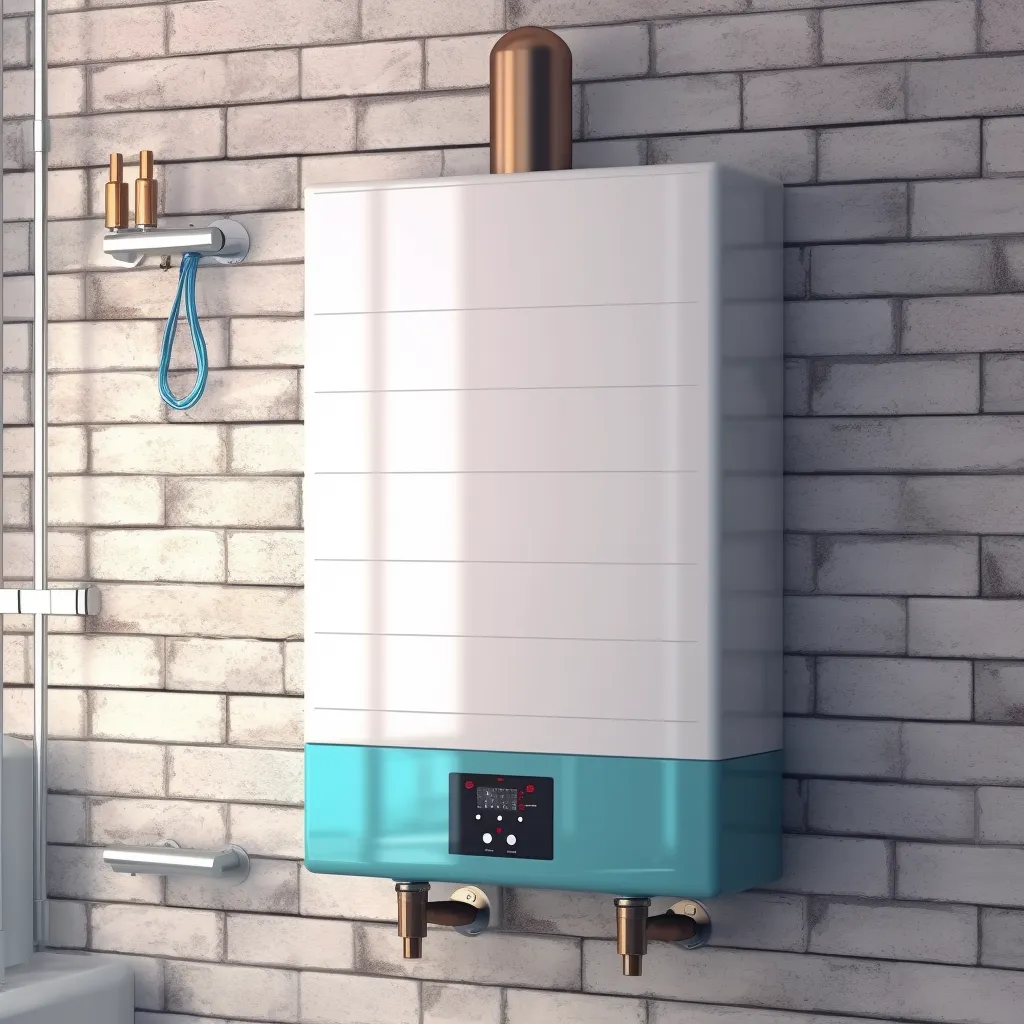
Electric water heaters have a slower recovery rate compared to gas models. This translates to a longer time needed to heat water.
Electric units are more energy-efficient and cost less over time, but have a higher initial investment.
Gas water heaters have a longer lifespan compared to their electric counterparts. This means that you may need to replace your electric unit more frequently.
Electric water heaters rely on electricity to function, meaning that during a power outage, you may experience cold showers.
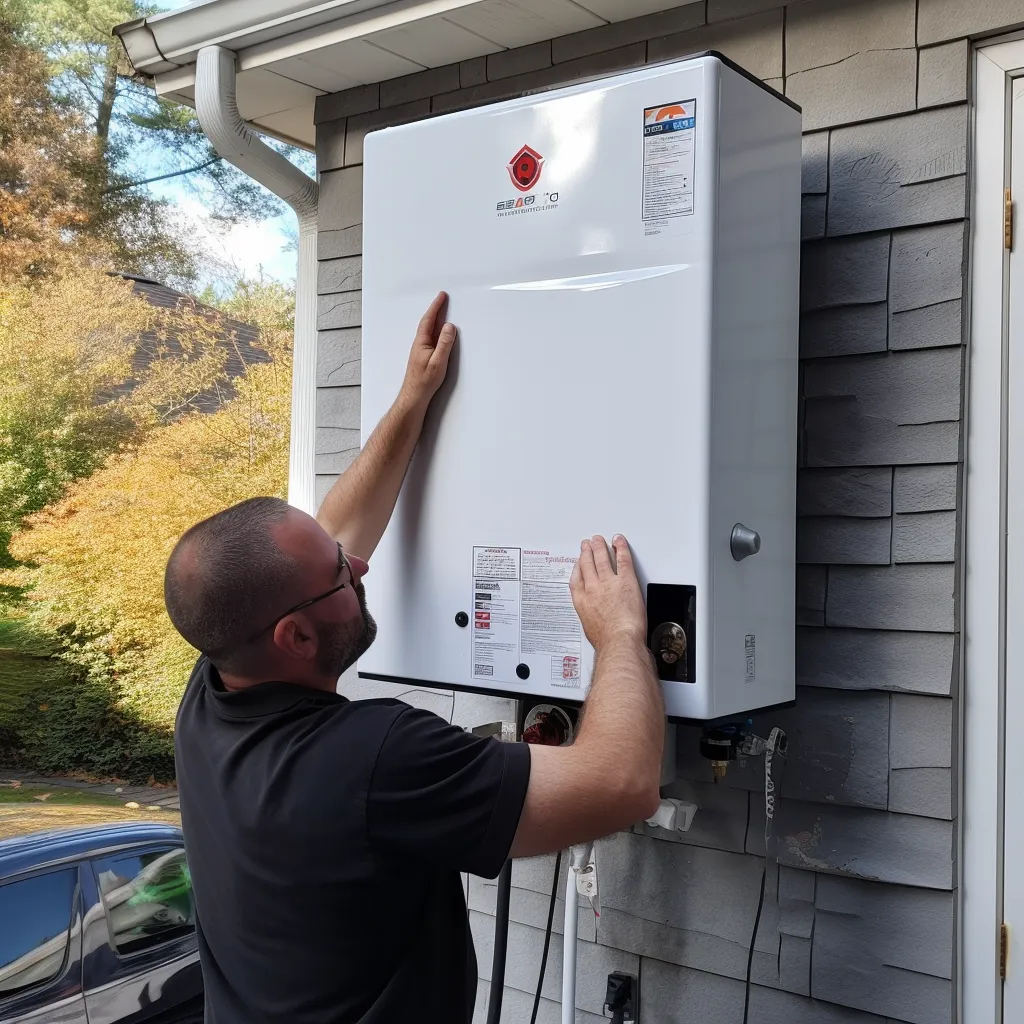
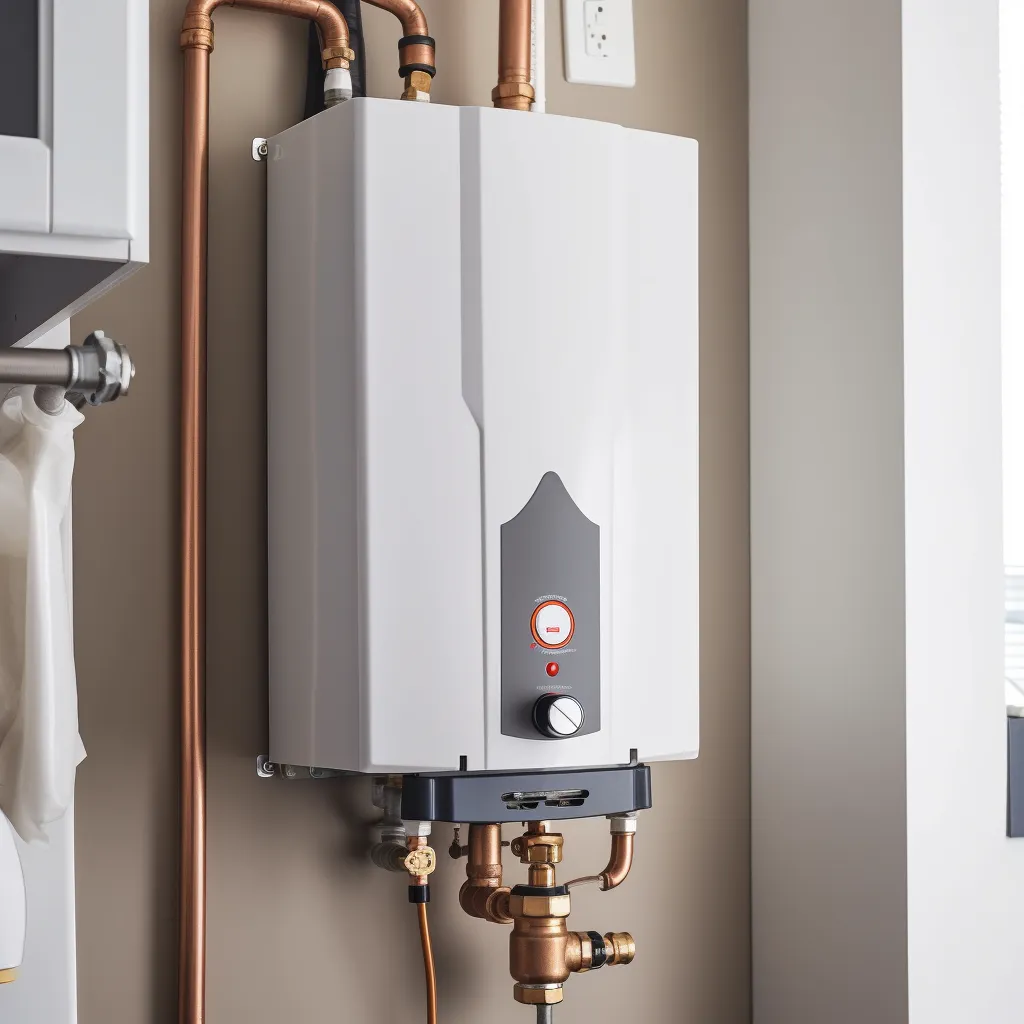
How do gas water heaters work?
Gas water heaters use a gas burner at the bottom of a large tank to heat water. When opened, the tap provides a constant flow of hot water due to a cycle of rising hot water and inflow of cold water. This process ensures you get a steady supply of hot water.
Benefits of gas water heaters
Gas water heating systems have long been favored by many homes, offering various advantages that cater to different household needs.
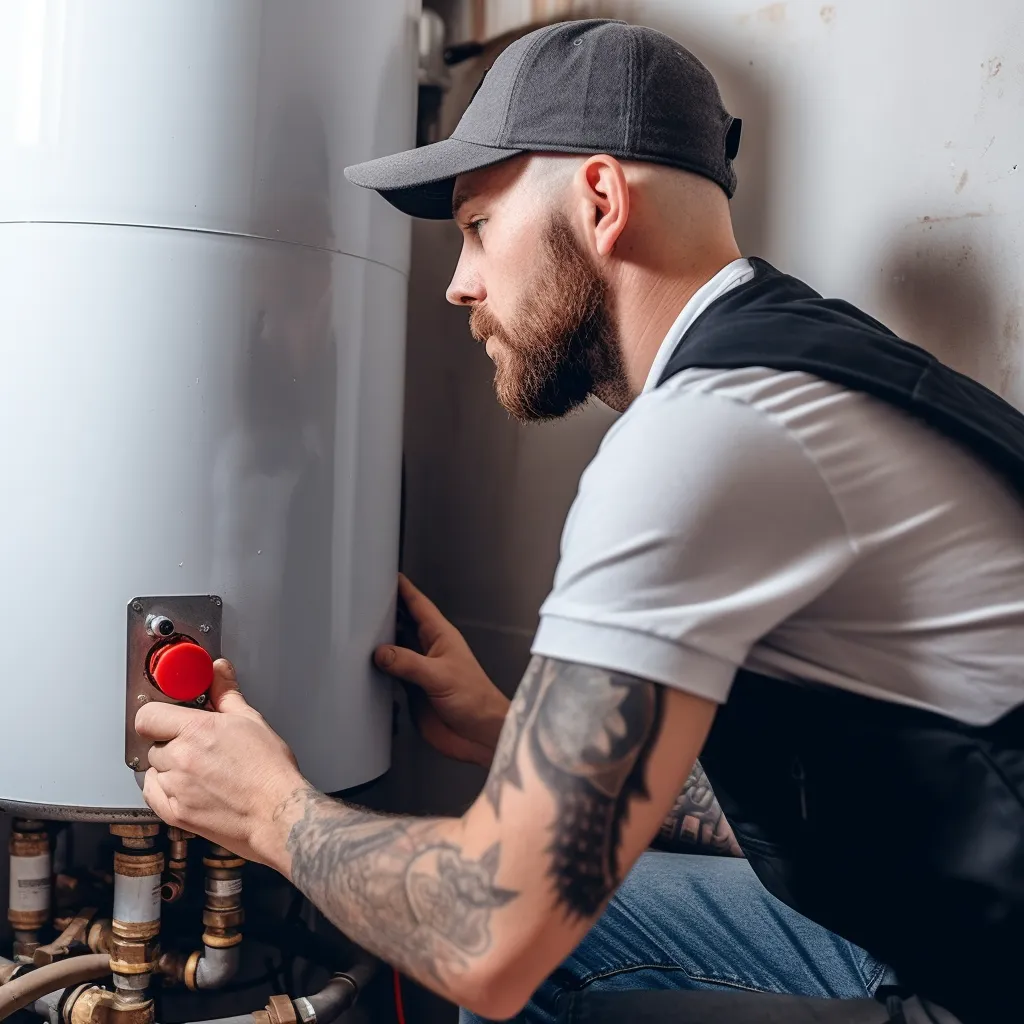
Gas water heaters offer a smart way to save money on utility bills for the long haul.
Tankless units are faster than electric water heaters at producing hot water, making your property more efficient and eco-friendly.
With its longer lifespan, you won't have to replace them as frequently.
Installing gas heaters is a breeze, requiring little specialized expertise.
Less expensive upfront costs, gas water heaters are a smart move if you are trying to stretch your budget further.
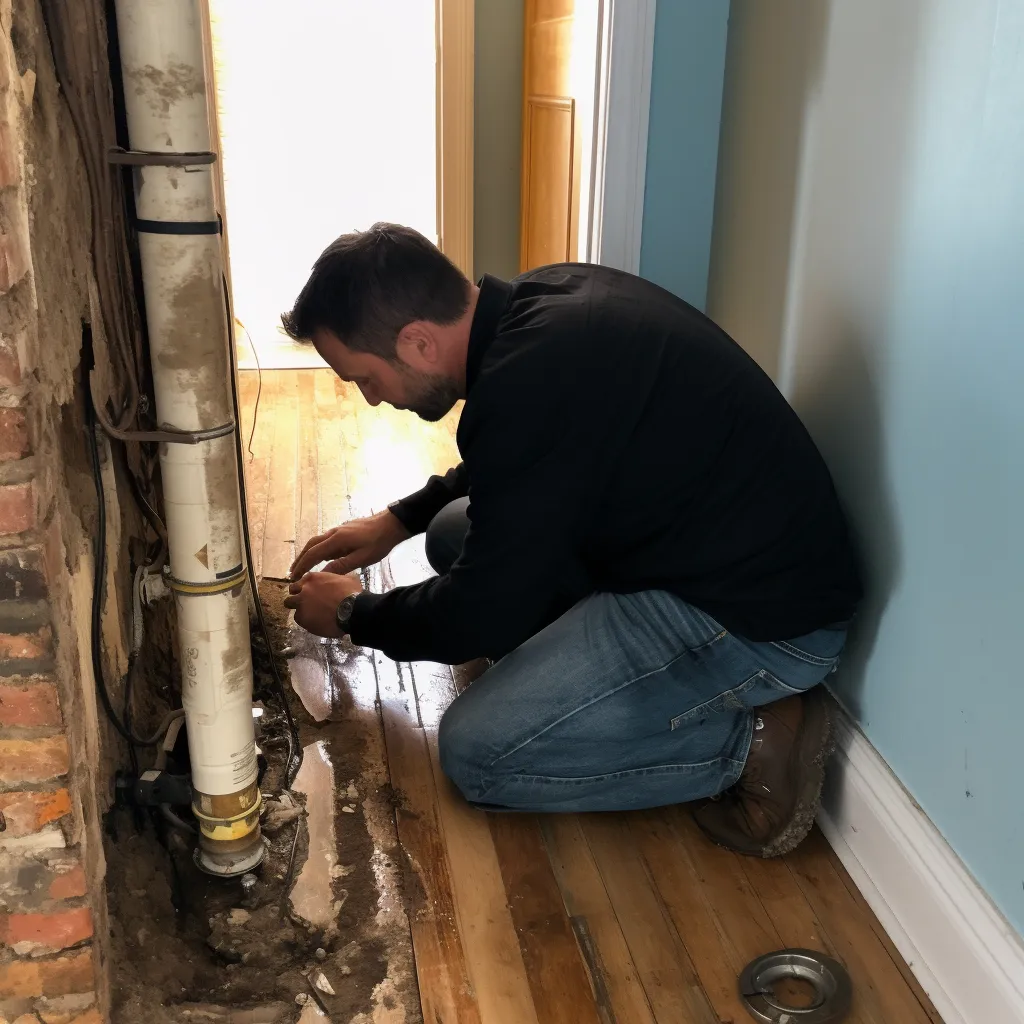
Drawbacks of gas water heaters?
Gas water heaters come with several benefits, but there are some possible drawbacks to consider.
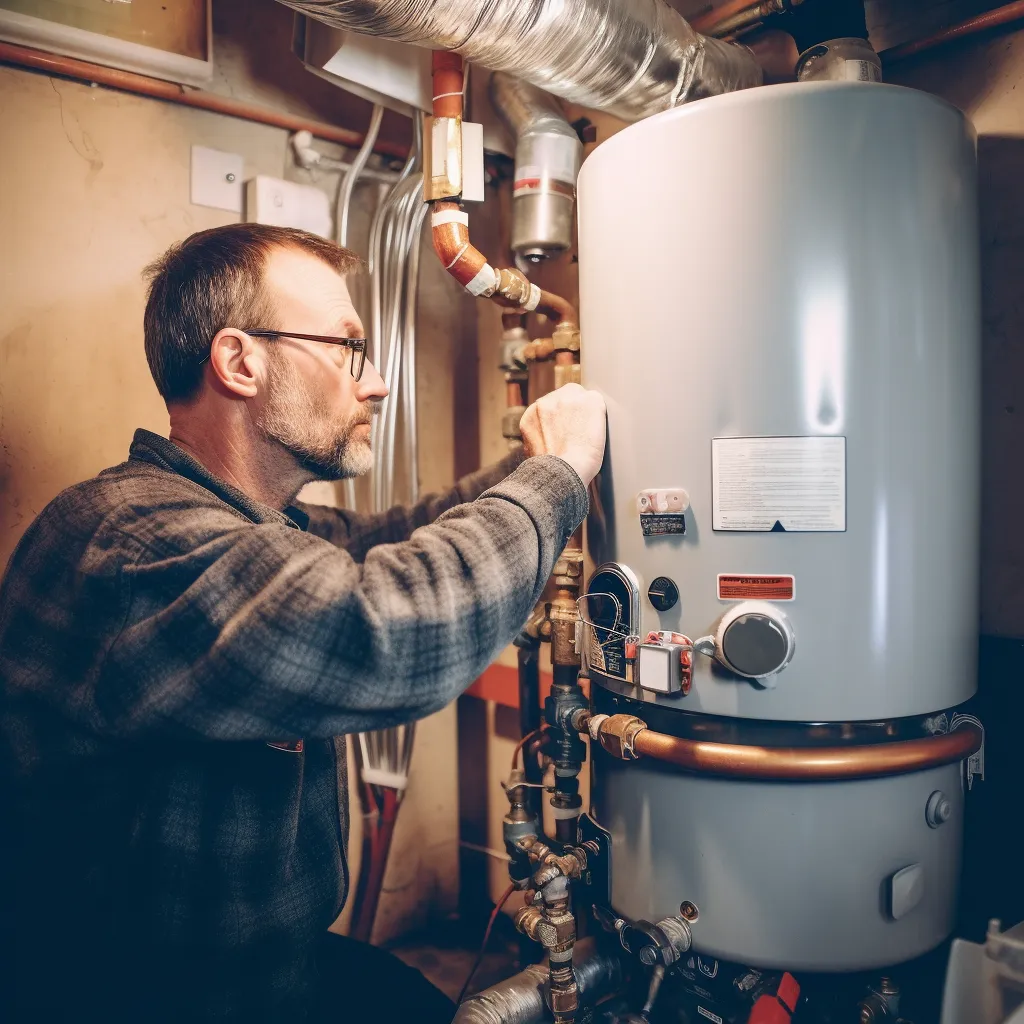
Polluting: Burning natural gas releases pollutants into the air and contributes to air pollution.
Risk of explosion: Gas water heaters pose a risk of explosion if installed or used incorrectly. Complying with safety guidelines is critical for ensuring safety.
Higher maintenance costs: Gas water heaters usually involve higher maintenance expenses when compared to electric ones. You may want to hire a professional to regularly inspect and maintain your water heater.
Longer installation time: Gas water heaters take longer to install compared to electric units. You must allow several hours for a satisfactory installation job to be completed.
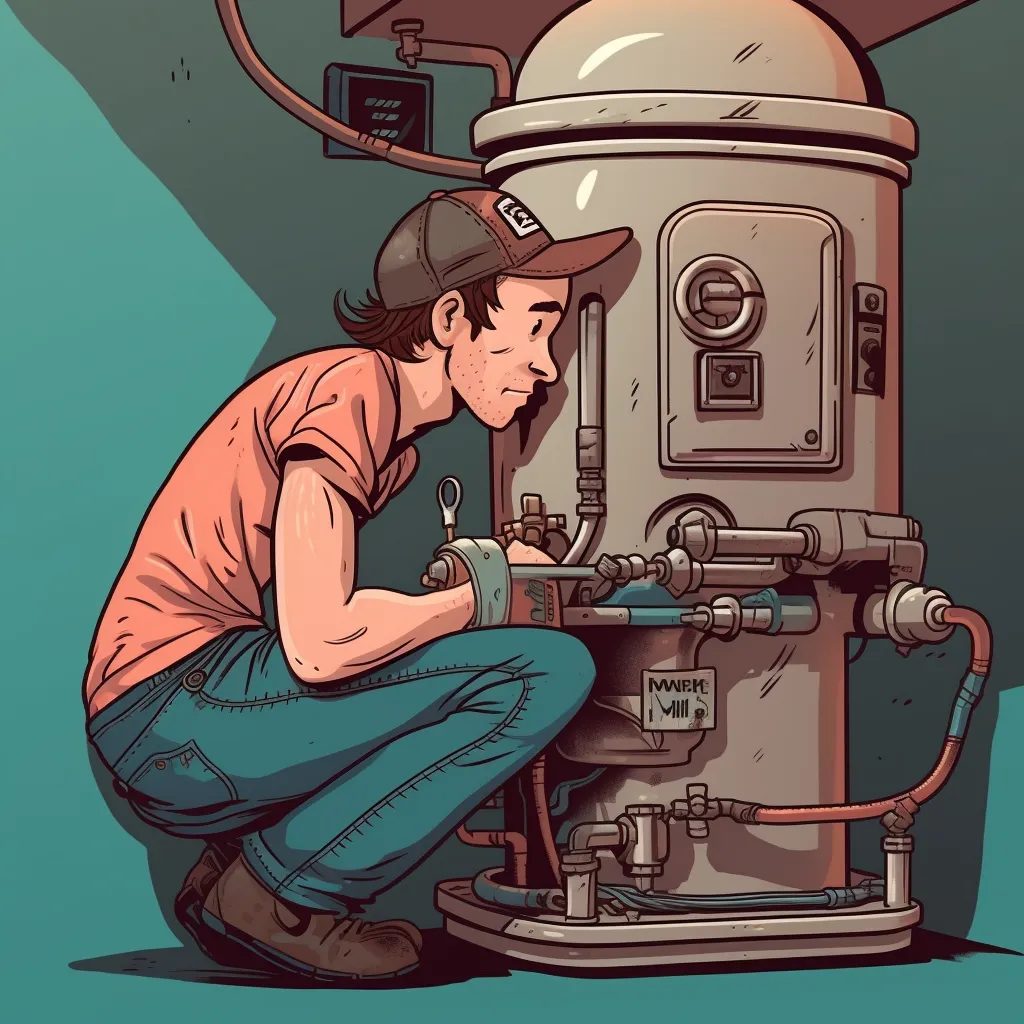
Are electric water heaters energy-efficient?
Electric water heaters' energy efficiency depends on various factors, including unit capacity, insulation, and operation temp. Although gas models are commonly more efficient, electric options continue to improve their ratings.
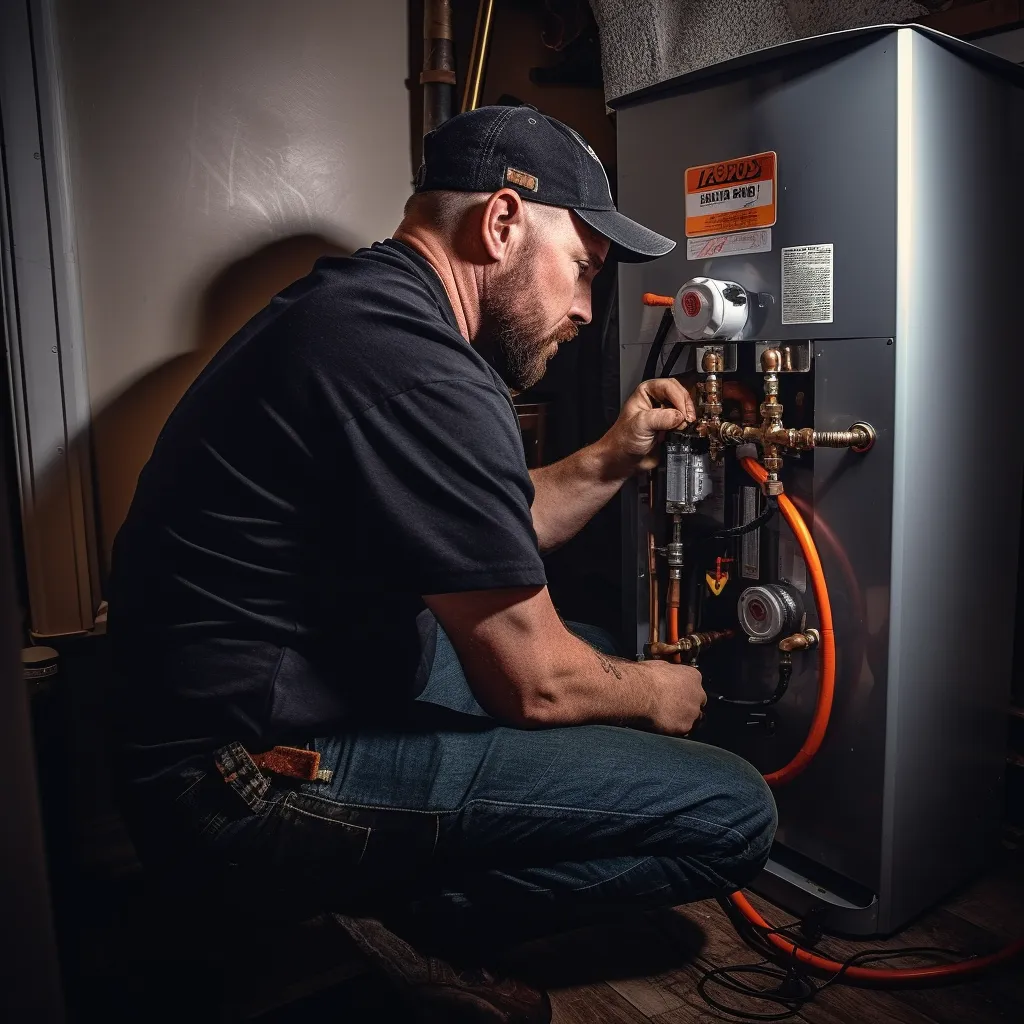
Are gas water heaters energy-efficient?
Gas water heaters run on natural gas and are more affordable and energy-saving than their electric alternatives. They burn natural gas to heat water, thus consuming less energy. The heater's size and model, along with regular maintenance, determine its efficiency rating. For optimal efficiency and savings, set up regular maintenance like flushing the tank and thermostat inspections.
What does it cost to buy and install electric water heaters?
Electric water heaters are available in different sizes and feature-sets, with costs that vary accordingly. A 50-gallon model on average could cost between $300 to $800. You will need to add $300 to $500 for installation, depending on the necessary permits and scope of work. It is essential to assess your home's current plumbing and electrical wiring before installation. Despite the initial charges, an electric water heater is a wise long-term option since it helps reduce energy bills.

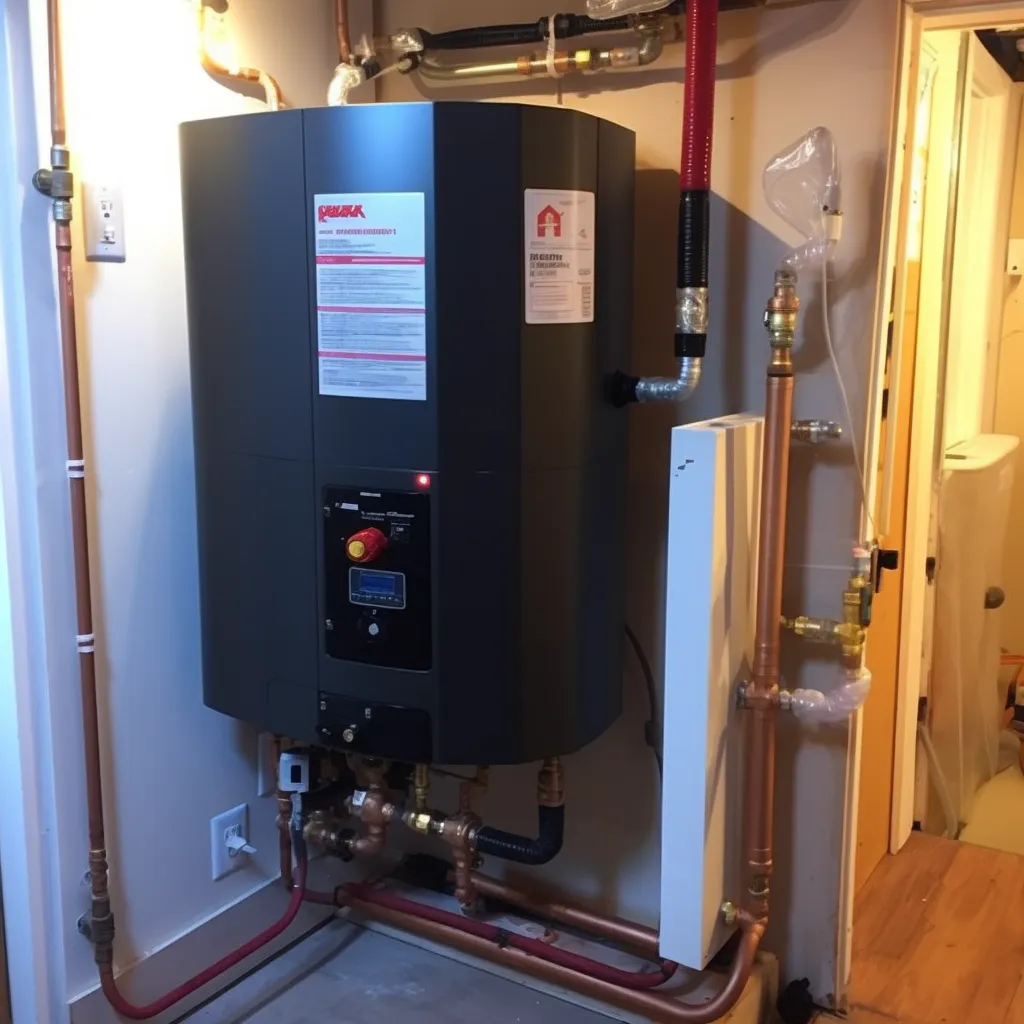
What does it cost to buy and install gas water heaters?
Gas water heaters are offered in different sizes, with price tags ranging from $500 to $1,500, while top-tier models can cost up to $3,000. Apart from the costs of installation, which might vary based on plumbing and location, gas water heaters prove to be worth the initial investment by contributing to energy efficiency and long-term savings. With gas water heaters, you can enjoy a steady supply of hot water without any interruptions.
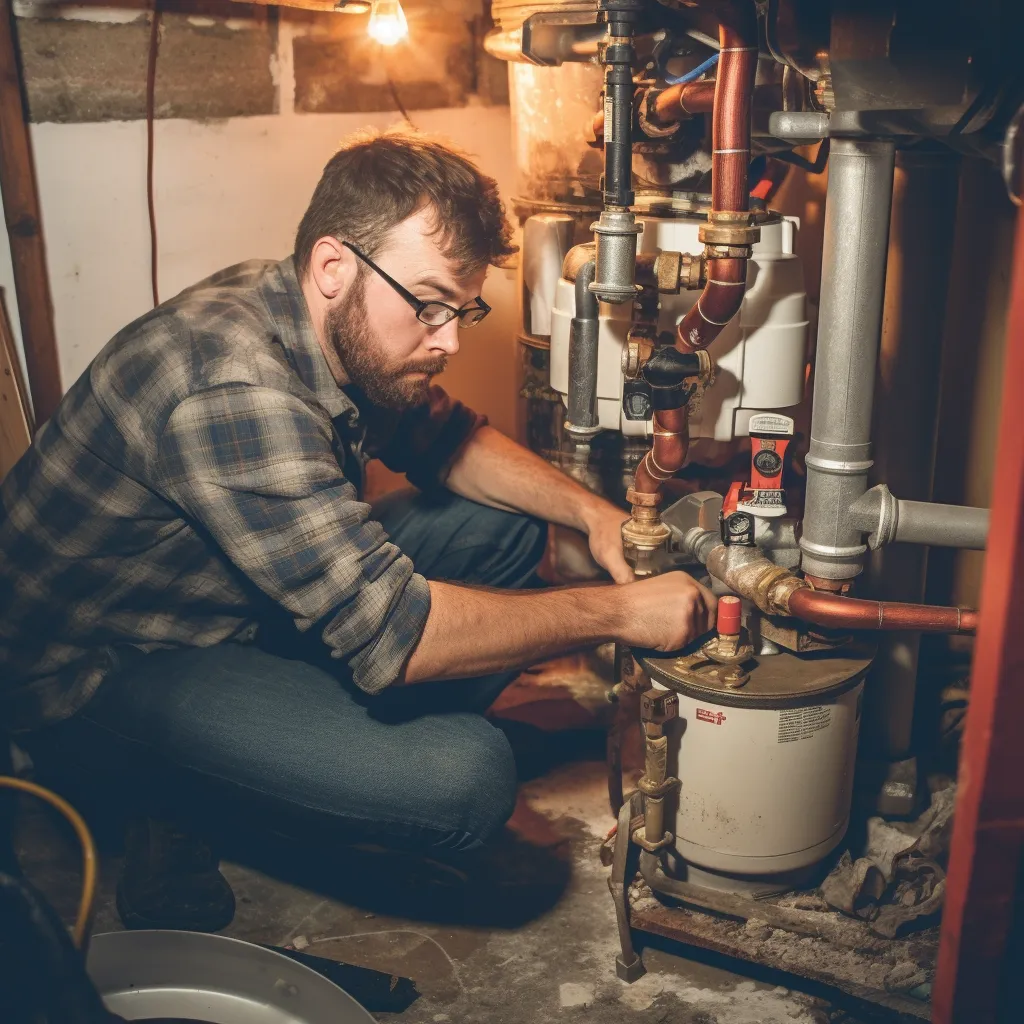
What are the maintenance requirements of electric water heaters?
Electric water heaters are a convenient and reliable source of hot water. Optimizing their performance requires proper maintenance. The temperature and pressure relief valve should be periodically inspected to prevent explosive overheating. Sediment buildup can hinder efficiency, so flushing the tank every six months to a year is advised. Timely inspection of the heating elements and replacement if worn keeps the system working.
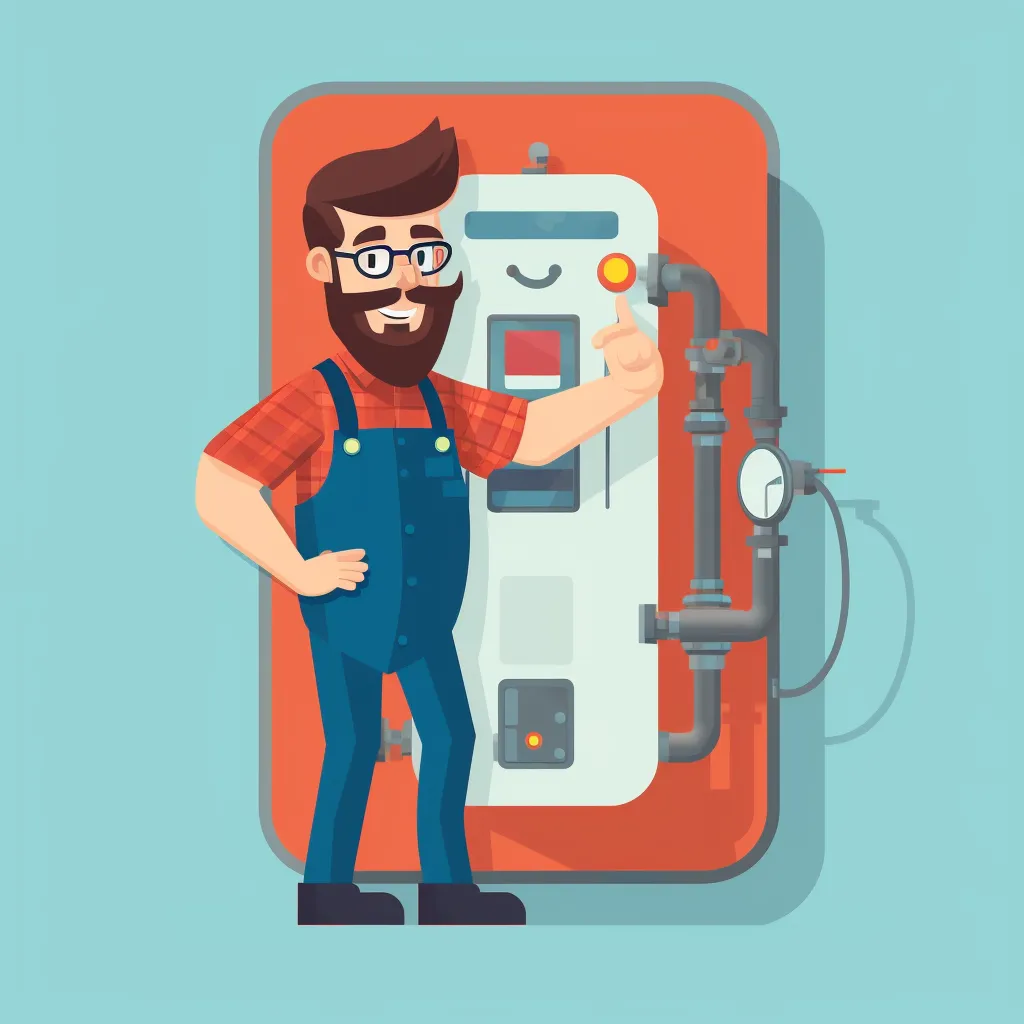
What are the maintenance requirements of gas water heaters?
Proper maintenance is essential for effective and safe functioning of gas water heaters. It is recommended to flush the tank annually to get rid of sediment build-up, regulate the anode rod every few years, monitor the burner and pilot assembly, conduct regular temperature and pressure relief valve tests, and check for gas leaks. Regular maintenance can keep your gas water heater functioning properly for years, ensuring a steady supply of hot water.
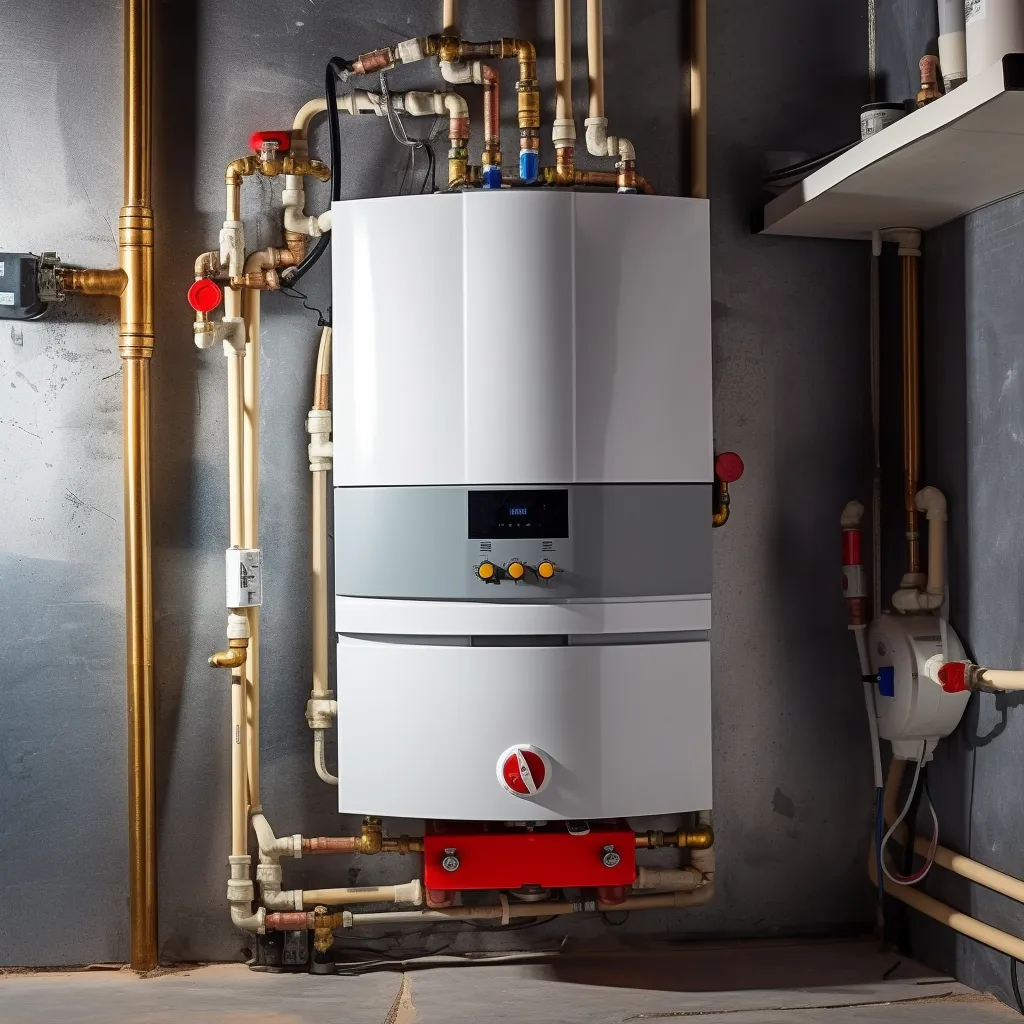

What are the safety considerations of electric water heaters?
To steer clear of any risks while using an electric water heater, precautions must be taken. One of the major issues is the risk of getting shocked if the heater is ungrounded or not functioning properly. On top of that, there's a chance of fire if it overheats or is positioned near flammable objects. To avert accidents, follow the instructions from the manufacturer and get the heater installed by a certified expert.
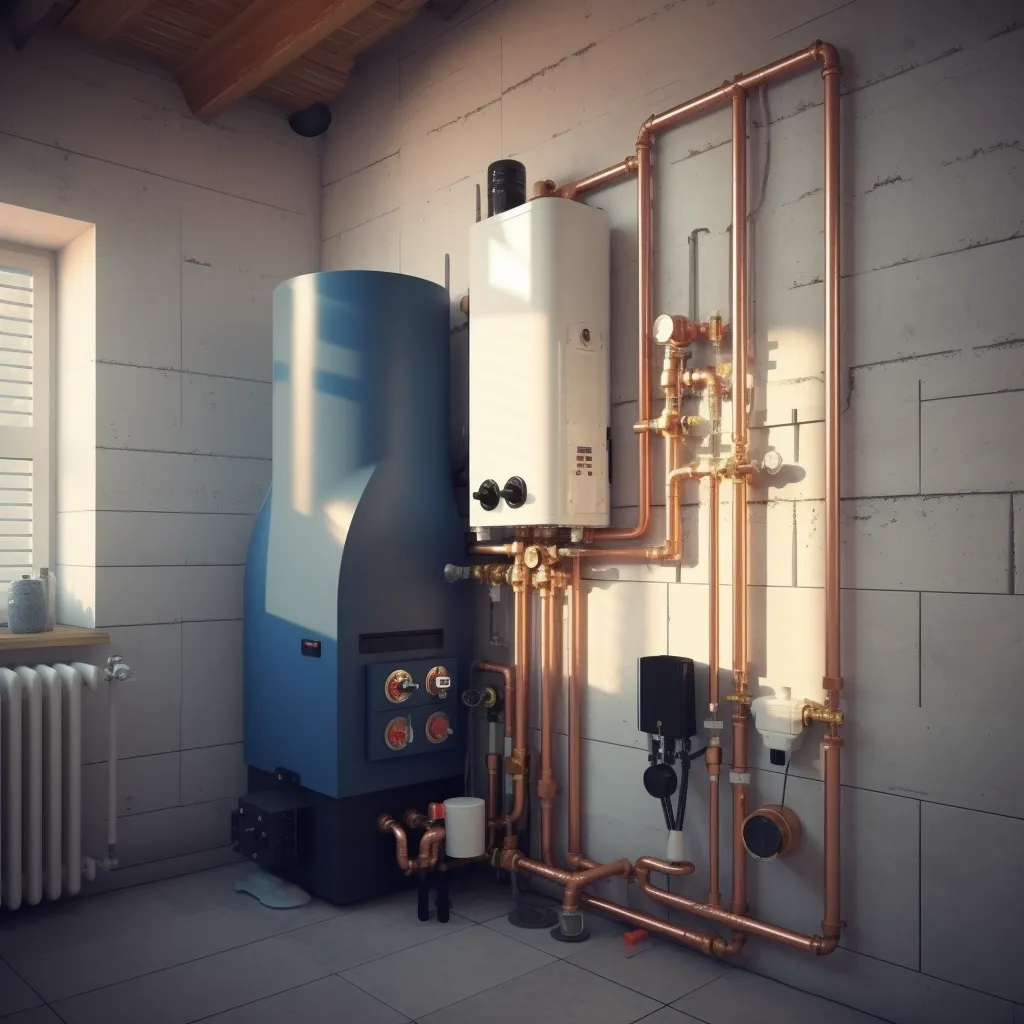
What are the safety considerations of gas water heaters?
Gas water heaters, when not ventilated properly, can leak hazardous carbon monoxide gas. Thus, to stay safe, it's crucial to maintain the heater with regular checks and timely repairs while keeping the surrounding area clear of any flammable items. Carbon monoxide detectors are an absolute must to ensure that you keep your home safe and your family protected.

How to choose between electric vs gas water heater
Choosing the right water heater for your home can be overwhelming. With options such as electric or gas, it's hard to know where to start. To help make this process easier, consider the following factors. By doing so, you'll be on your way to selecting a water heater that will work best for you and your family's needs.
When deciding on the right water heater for household needs, it's important to keep in mind your home's size and frequency of hot water usage so that you find the perfect fit.
Opting for electric water heaters can be budget-friendly for installation, though gas alternatives could lead to greater cost savings over time.
Gas heating systems are not only energy-efficient but can also help you save big bucks on electricity costs.
Unlike electric water heaters, gas heaters require careful maintenance to protect you and your home.
Switching to electric water heaters could reduce your carbon footprint relative to gas heaters, thanks to the fewer emissions generated.
When it comes to settling on the right choice, it ultimately boils down to your preferences and what works well for your lifestyle and budget.
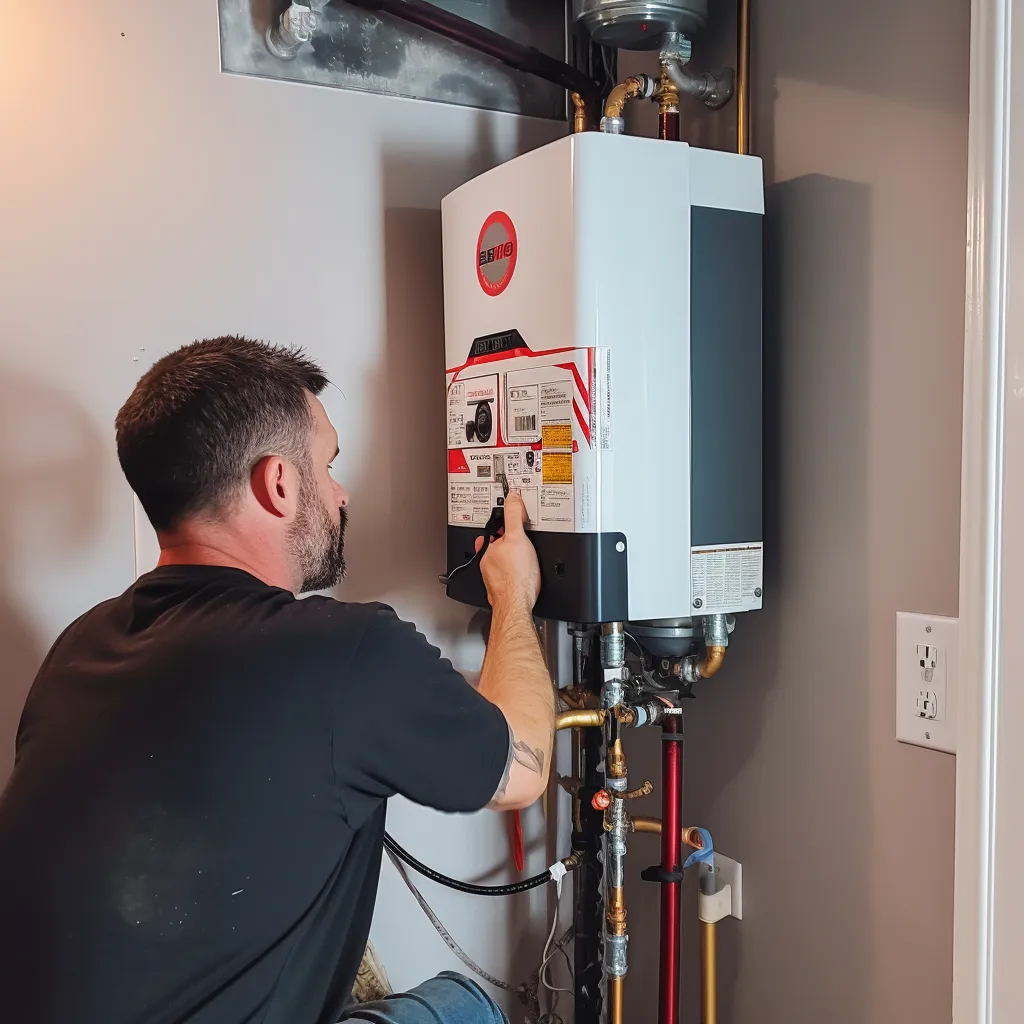
Why you should hire a licensed professional
to install your water heater
Installing or replacing a water heater through a DIY approach may seem tempting, but when it comes to such a critical installation, the risks outweigh the benefits. Instead, trust a licensed pro to ensure safety protocols are implemented and potential issues are addressed, giving you peace of mind. Your safety is paramount and should never be compromised. Always trust an expert to handle the job.

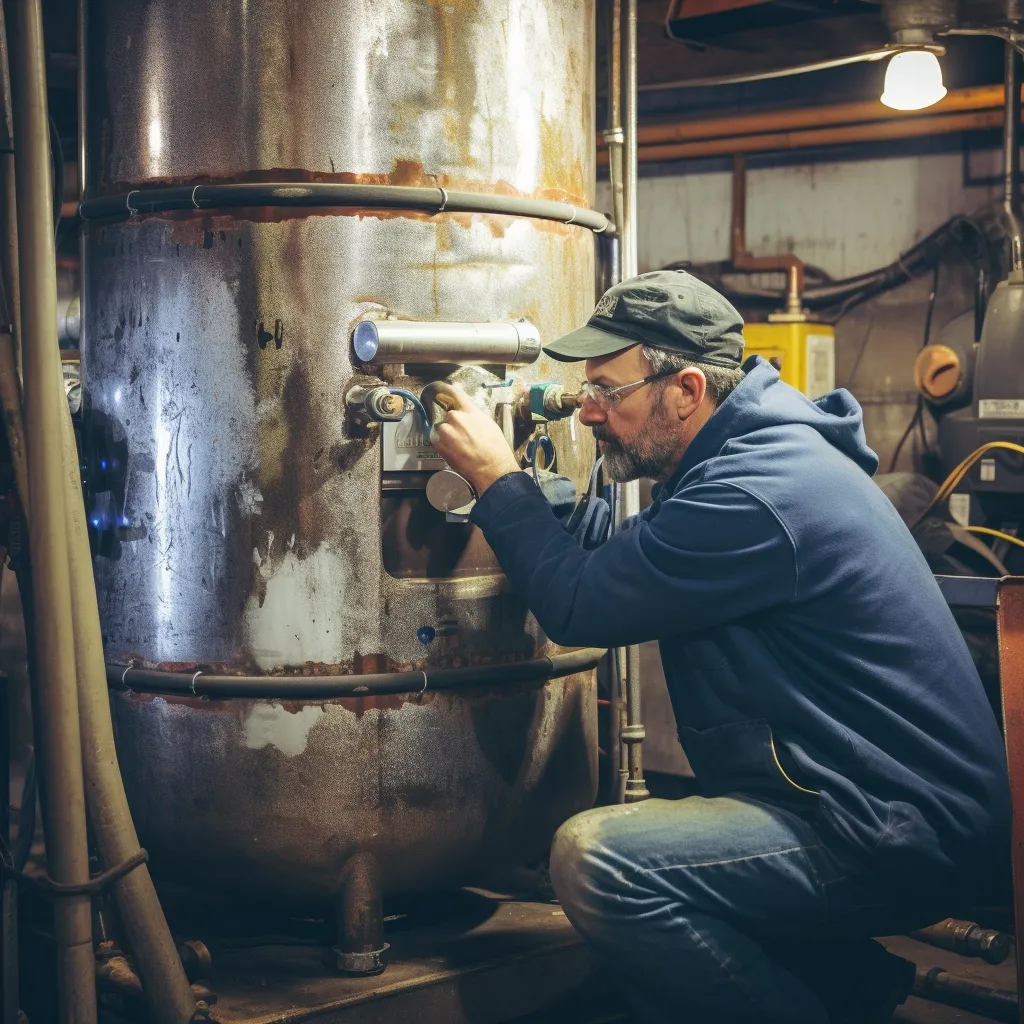
Be sure to do your research
Researching before choosing a water heater is crucial to avoid regrets later. Both electric and gas models have pros and cons, and it's vital to check safety and installation requirements. With careful planning, one can find the ideal water heater. But remember to hire a licensed professional for proper installation.
Contact Us
GET IN FULL TOUCH
PHONE (714) 930-2129
EMAIL:
Daniel@waterheaterbrea.com
Good Day Plumbing Service
Brea, CA 92821
